SIFFORUM|Cultivation of Filmmakers: The Foundation to Secure the Future
Talent is the fundamental of an industry. While digitalization empowers the transformation and upgrading of the film industry system, it poses higher requirements on the training and education mode of film professionals. At the moment of digital transformation of the film industry, what kind of talents does the industry need, and what opportunities and challenges will it face? At the Film Education Innovation Forum held in the afternoon of June 16, participants discussed in depth the issue of digital and international cultivation of professional film talents, offering valuable ideas for the development of film education in China and the world.
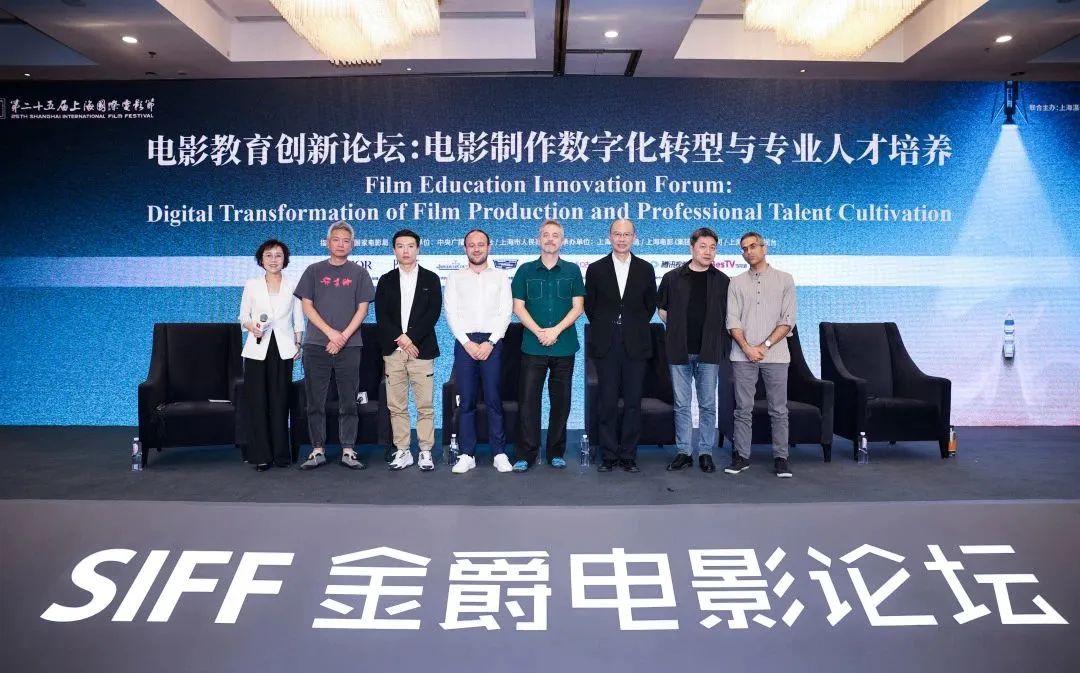
To “strengthen the foundation” and “seeking changes” in film education
Before the forum, Huang Yu, Chair Professor of School of Communication, Hong Kong Baptist University, presented his views on the current situation of education in domestic film and television universities with the topic of “To ‘Strengthen the Foundation’ and ‘Seeking Changes’ in Education at Film and Television Universities in the Intelligent Digital Age”. Taking the setting and reform of relevant courses of Hong Kong Baptist University as an example, he shared their exploration and successful experience of “seeking changes” by organizing workshops, master classes and student internships. He also pointed out that while responding to the current trend, universities should pay more attention to and underline the spiritual cultivation and quality training of students. “Human-machine symbiosis is possible, but human-machine empathy is difficult to achieve. We should focus on the quality cultivation of seeking truth, goodness and beauty. And only in this way can students maintain their judgment and determination in the complex market environment, so that they can always keep their passion and curiosity for life.”
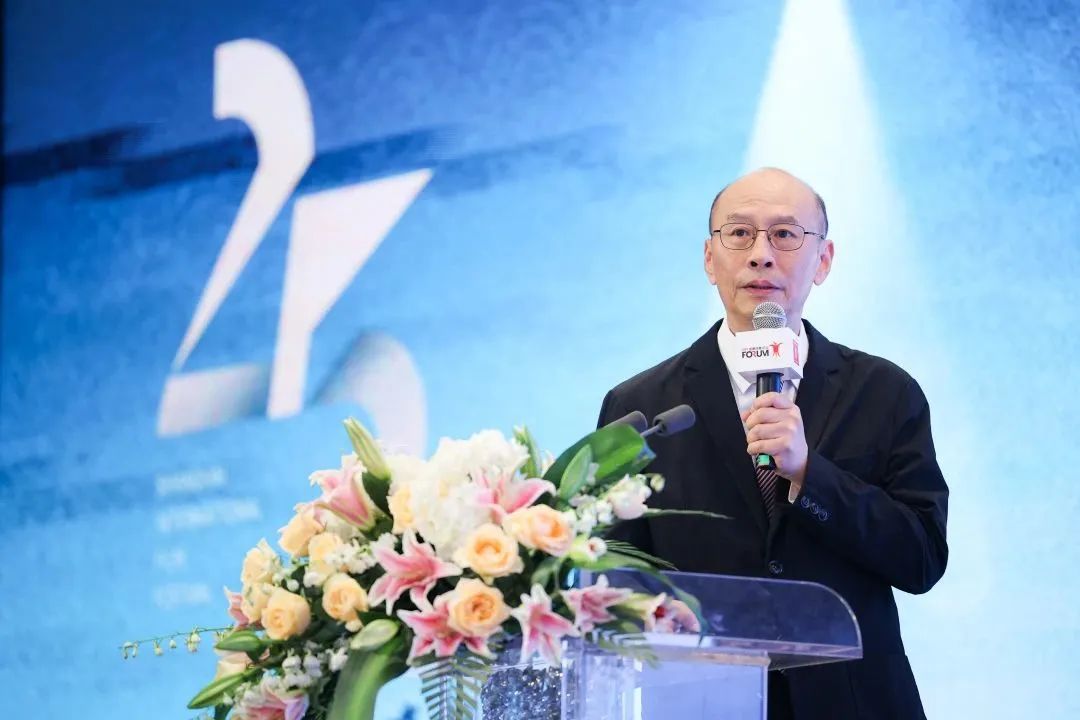
Chair Professor of School of Communication, Hong Kong Baptist University
Huang Yu
Saral Shana, President of World XR Association, then shared the latest cases of combining intelligent digital technology with film production in a video. He said that with the advent of the virtual production era, the threshold of film production has been greatly lowered, which will be an unprecedented opportunity for newcomers in the film industry. “A production cost of $100 million in the past may now be completed with only two or three million, and we can even build an extremely low-cost virtual production system at home with the help of smartphones and tablets.” He believes that the real challenge for future filmmakers is how to surpass artificial intelligence, “Current AI technology is still limited to the knowledge of the known world; it is unable to explore the unknown, which is precisely the ability that only humans have.” He encourages young filmmakers to keep dreaming and keep producing great stories.
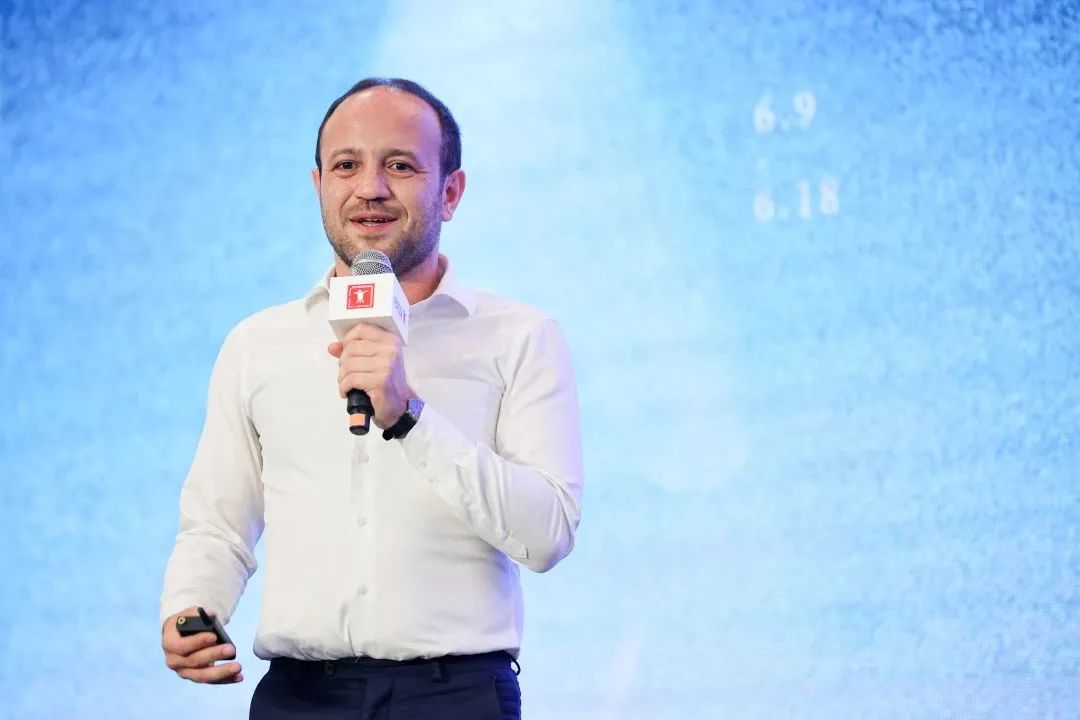
President of World XR Association
Saral Shana
Embrace changes and keep to original aspiration of creation
In the face of the onslaught of artificial intelligence, what choices will filmmakers make? How to deal with the impact and changes brought by “virtual production” to the global film industry was undoubtedly the most discussed topic at this year’s Golden Goblet Forum. However, in this forum on “film education”, there were some unexpected divergences in the views and attitudes of the guests on this topic.
Li Lian, founder and president of Versatile, firmly believes that the global film industry is bound to enter the era of “virtual production”, which is the same as moving from the film era to the digital era, and it is an irreversible trend. He said that the introduction of real-time technology into the traditional film production process will eventually change the entire industry ecology and significantly lower the production threshold of the film industry, making it easier and easier to shoot films and giving more young people the opportunity to present their own stories.
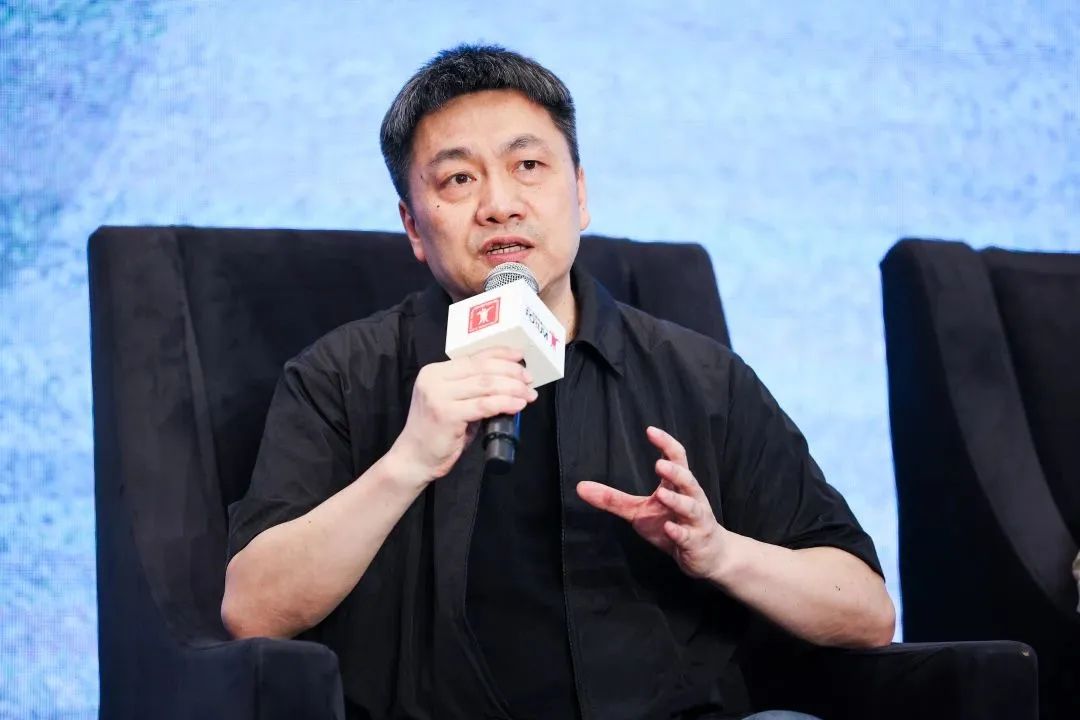
Founder and president of Versatile
Li Lian
Writer and producer Chen Qiufan also believes that although AI is only a tool and technology, it will profoundly affect the way creators think and express themselves. “For example, screenwriters, who used to create with pen and paper and later started to write with keyboards, can now directly preview the work on screen at the creation stage and do not need to be confined to the text-based imagination, so, the way screenwriters create has undergone a qualitative change.” He said that creators in every link must adapt to such changes and accept such challenges.
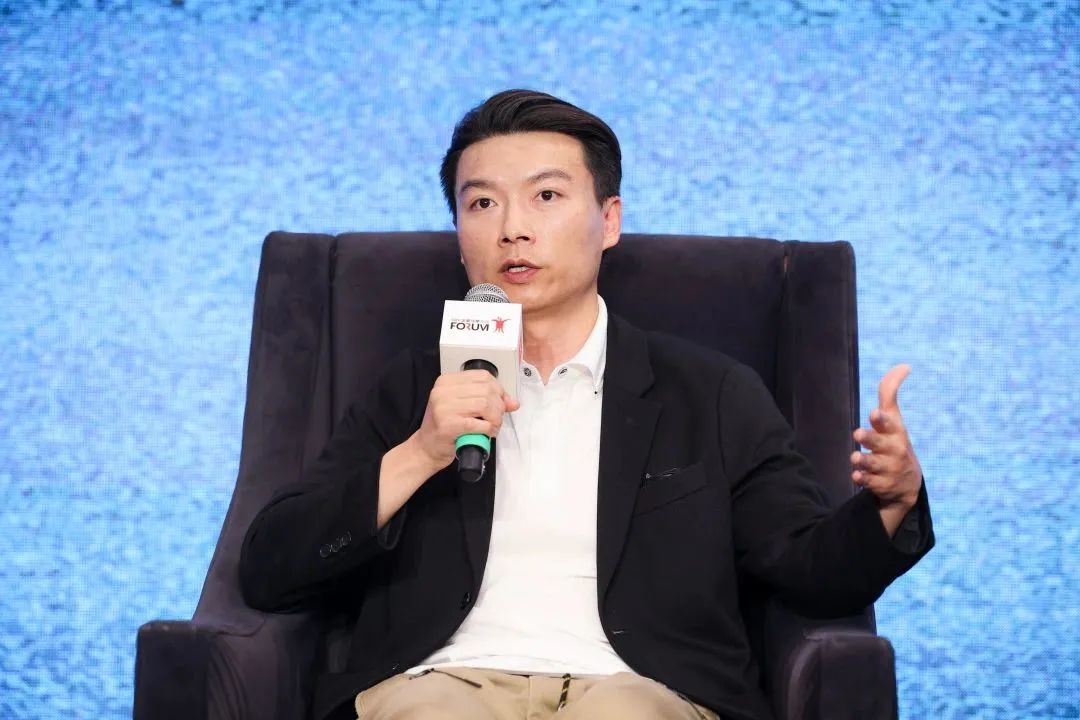
Writer and producer
Chen Qiufan
Chen Liaoyu, associate professor of the Animation School of Beijing Film Academy and director of YAO-CHINESE FOLKTALES, does not think so, however. He believes that technology itself is not superior or inferior, and it is not about the question of “replacement” in artistic creation. He took the traditional paper-cutting animation used in YAO-CHINESE FOLKTALES as an example, saying that although the current digital technology is able to simulate the real paper-cutting effect, they still chose to shoot it in real scenes in the end, which is not about technology but an artistic attitude. “The most charm of paper-cutting animation lies in the unpredictable creation process. A picture may look subtly different each time it is cut by a cutter. If we use digital technology, maybe such surprise will disappear.” He laughed that for creation, it is not the simpler things are, the better, “asking for trouble may also be rewarding sometimes.”
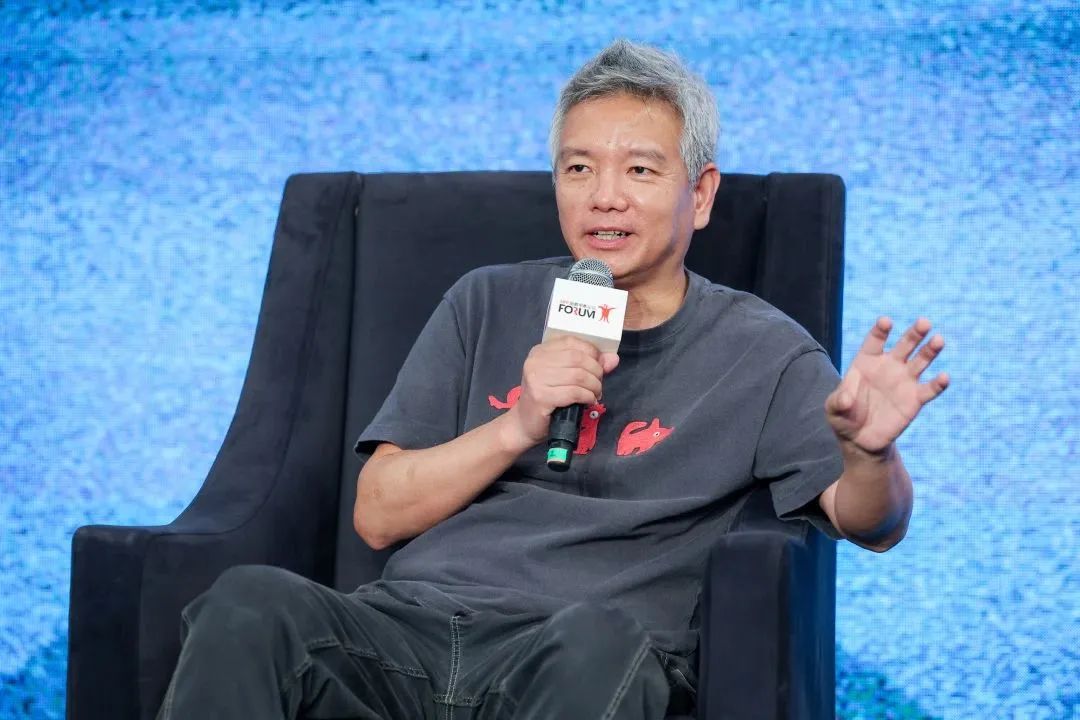
Associate professor of the Animation School of Beijing Film Academy and director of YAO-CHINESE FOLKTALES
Chen Liaoyu
Andy Friend, who participated in the production of THE WANDERING EARTH 2, is a special effects designer, concept designer and storyboard artist, in addition to occasional guest appearances on the screen. As for the cultivation of future talents, he believes that in addition to creators who know how to use new technologies, traditional “craftsmen” are still in demand in the industry. “In the future, film making may become easier, but it will become harder and harder in terms of creativity. AI can give ten ideas at the same time, then how do you make sure the one you choose is the best?” He said that the cultural cultivation and professional accumulation of the creators will become the utmost competitiveness at this time, and this is also the fundamental of artistic creation.
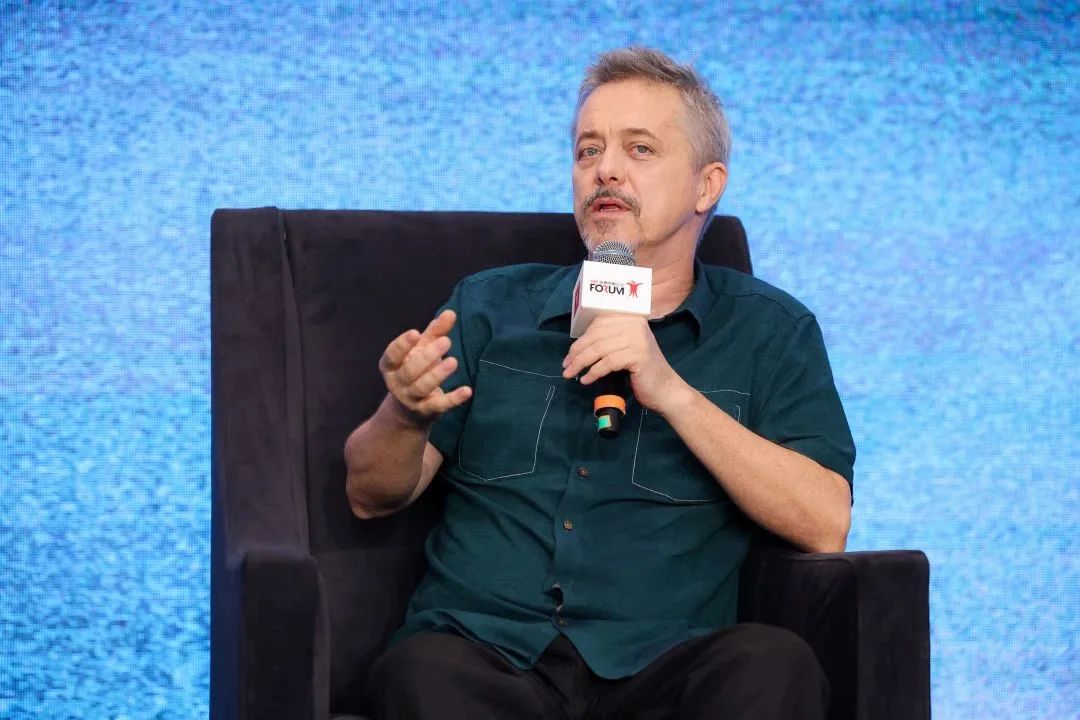
Special effects designer, concept designer and storyboard artist
Andy Friend
To apply whatever you learn and to learn for “instant purposes” both matter
As one of the co-organizers of the forum, Jiang Weimin, executive director of Shanghai Vancouver Film School, said that as early as two years ago, he felt the demand for future film talents from the technological revolution such as virtual production, and they began to innovate digital curriculum and gradually introduced technical faculty, but the rapid changes in the industry and the lack of front-line innovative talents made “the lack of teachers” a common problem plaguing the curriculum innovation of film schools. In response to his concerns, guests on site offered different “solutions” based on their own experience and views.
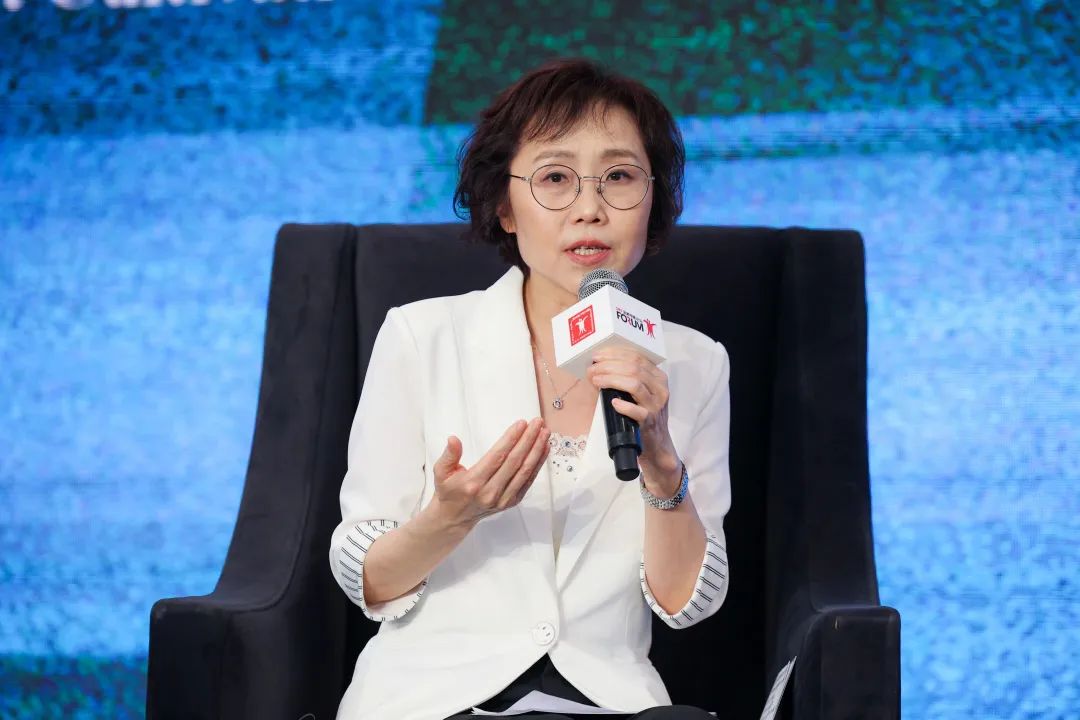
Host and executive director of Shanghai Vancouver Film School
Jiang Weimin
Canadian screenwriter and director Richie Mehta said that the most important thing about film school for him is that it allows him to keep trying and growing. He shared his own experience in school. Confident with his script at that time, he took it and argued for it with the instructor for three months, but was still considered by the instructor as “substandard”. To prove himself, he secretly turned the script into a short film during his vacation, and the moment he saw the finished film, Mehta realized that “this might be the worst work of my life”. He went to his instructor to admit his mistake, and under his guidance, he successfully completed the work. He said that when a creator graduates from school, the market will not give anyone the chance to try and make mistakes, and he hopes that every student will cherish and seize such opportunities.
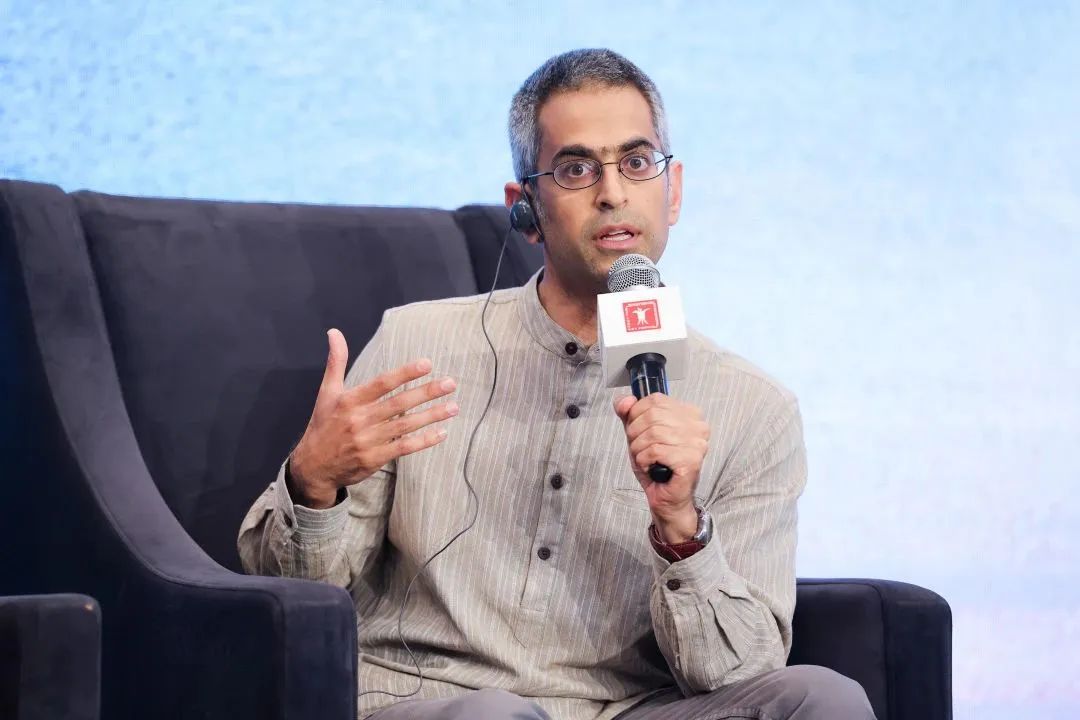
Screenwriter and director
Richie Mehta
Although he is willing to embrace virtual production, Li Lian does not support the practices where professional institutions are overly “enthusiastic” about the new technology, saying that the emergence and development of all new technologies are limited by stages. “At this stage, virtual production technology is just emerging, and the industry does need some compound talents to take on pioneering work, but as the technology matures, the use of them will get easier.” He believes that in the future, directors and cinematographers do not need to understand and master virtual technology at all, because by then it will be as convenient as how we use the smart phones now to complete the shooting, “just leave this problem to the engineers.” But he also said that it is still necessary for institutions to guide and train students to take the initiative to use new technologies to develop the habit of thinking, so that they can quickly adapt to the needs of the market after they get out of school.
Professor Chen Liaoyu, from Beijing Film Academy, also noticed many “complaints” in the society, thinking that the things taught in the university now are “useless”, “And my point of view is just the opposite. I think the things taught in school now are by no means unpractical!” He believes that people often call universities Tower of Ivory because they are not only concerned with “pragmatism”, but also with the progress and future of human civilization. “Some people criticize us for being ‘highbrow’, but I think it is just the mission of universities to being so, and the reason for the existence of film schools is to diminish bad films on the market!” He said it’s more important to essentially and theoretically get students to truly know technology and what it can bring to them than to teach them how to use new technology. “It is meaningless to master these new technologies if their perceptions are still stuck in the past.”







